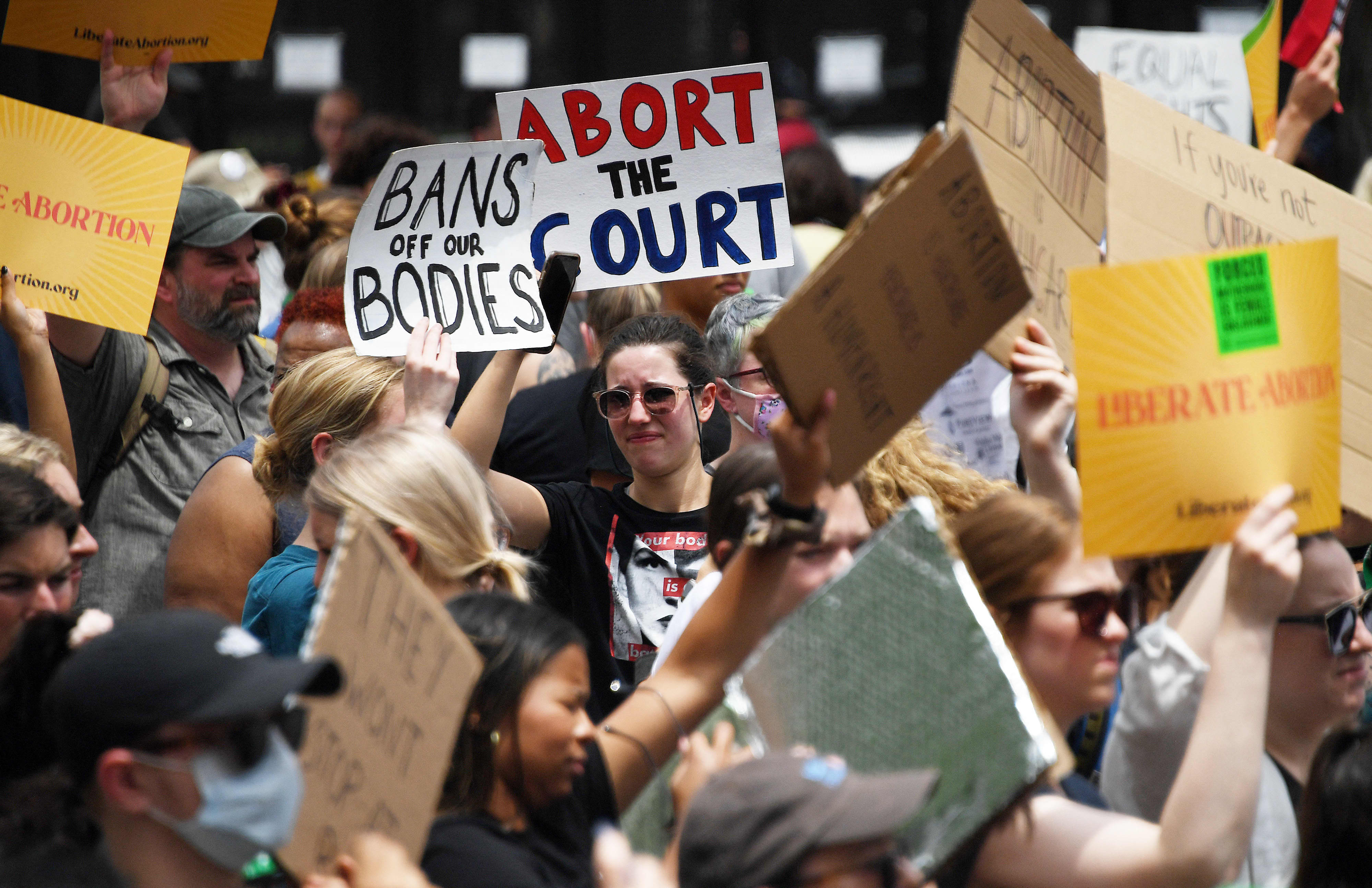The case Roe v. Wade was brought by a woman named Norma McCorvey who went under the pseudonym Jane Roe. She sought an abortion in Texas, where it was illegal except to save a mother's life.
WATCH ANYTIME FOR FREE
>Stream NBC10 Boston news for free, 24/7, wherever you are. |
May 22, 1970: Roe filed a lawsuit against the local District Attorney Henry Wade, claiming abortion laws were unconstitutional. A three-judge panel on the U.S. District Court ruled in her favor.
1971: The Supreme Court of the United States agreed to hear Roe's case.
Get updates on what's happening in Boston to your inbox. Sign up for our >News Headlines newsletter.
January 22, 1973: The Supreme Court issued a 7-2 decision in favor of Roe holding that women have a constitutional right to an abortion under the 14th Amendment.
September 30, 1976: The Hyde Amendment passes, prohibiting government funds from being spent on abortion services except for rape, incest or life-threatening situations.
June 29, 1992: The Supreme Court ruled on the case of Planned Parenthood of Southeastern Pa. v. Casey in a 5-4 decision. As the first serious test to Roe's precedent, the case placed new limits on the right to state-level abortion restrictions in Pennsylvania.
June 17, 2003: In a twist, Roe filed a motion with the federal court in Dallas to have her case overturned, arguing that abortion hurts women.
September 14, 2004: A three-judge panel dismissed Roe's motion in the U.S. Court of Appeals.
November 8, 2016: Donald Trump was elected President of the United States. During his presidency, he appointed three conservative judges to the court - Neil Gorsuch, Brett Kavanaugh and Amy Coney Barrett — solidifying a conservative majority.
June 27, 2016: In its strongest defense of abortion rights in 25 years, the court strikes down Texas rules forcing clinics to meet hospital-like standards and doctors to have admitting privileges at nearby hospitals.
December 1, 2021: Dobbs v. Jackson Women's Health Organization was brought to the Supreme Court, a case dealing with a Mississippi law that bans abortion after 15 weeks. Upholding Mississippi's ban would mean overturning Roe.
May 2, 2022: A Politico report details a leaked Supreme Court draft opinion indicating the Court would overturn Roe v. Wade. The news set off protests and rallies across the country.
June 24, 2022: The court ruled 6-3 to uphold Mississippi's law, with the decision to overturn Roe a 5-4 vote. Chief Justice John Roberts joined the conservative justices in the decision to uphold Mississippi's law, but urged a concurring opinion concerning Roe. The decision is expected to lead to abortion bans in roughly half the states in the nation.



